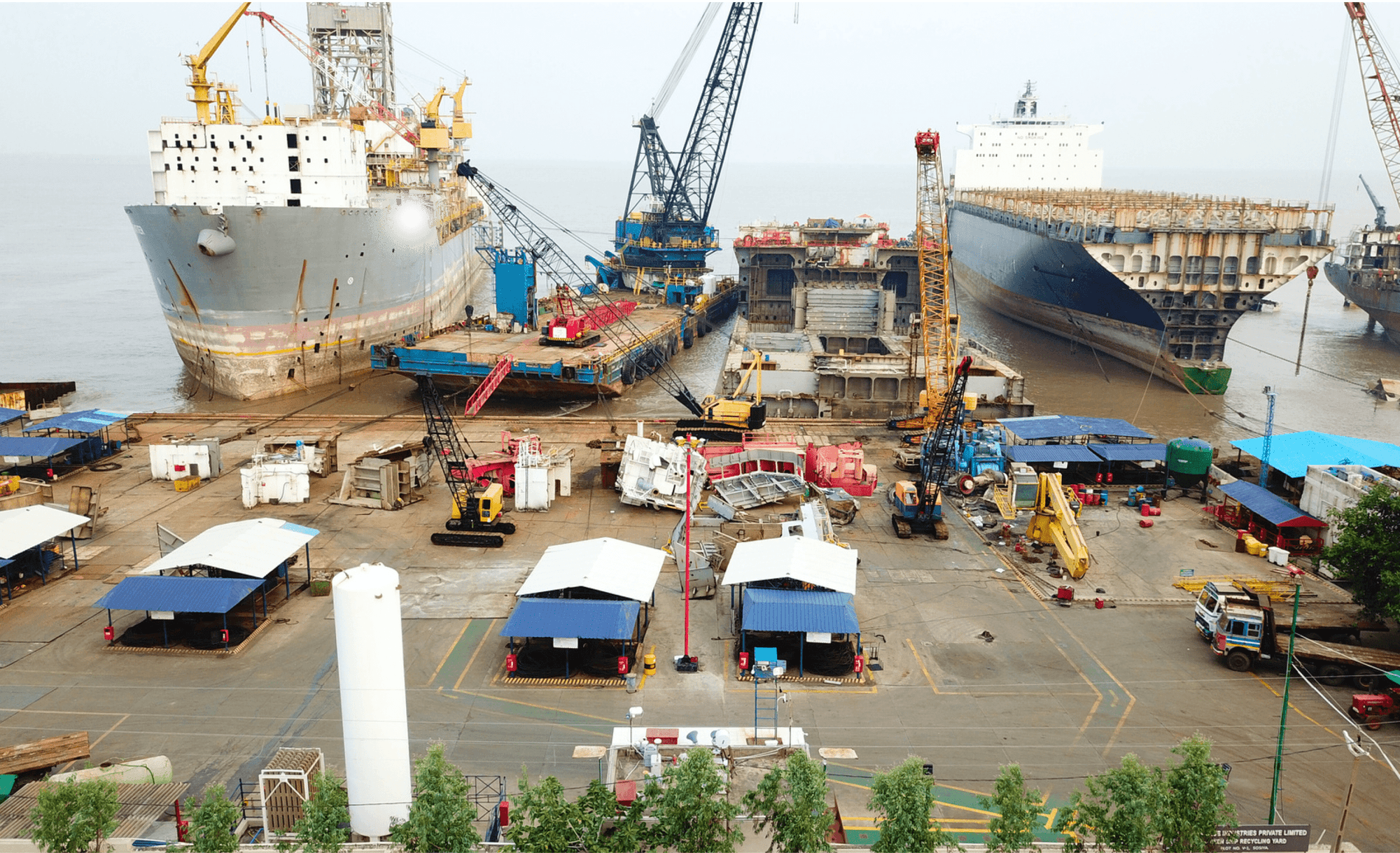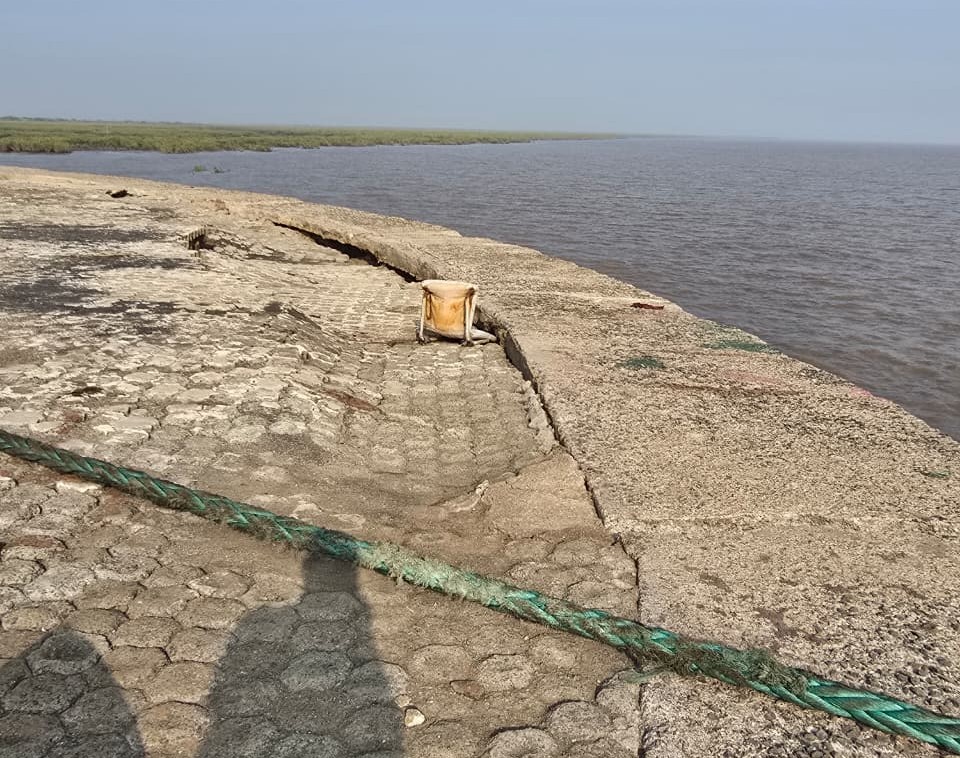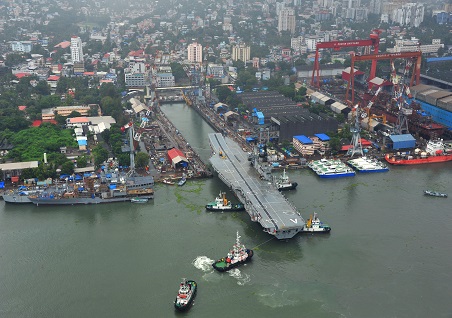Australian Regulator Bans Cargo Ship for Dangerous Goods Breaches
The Australian Maritime Safety Authority (AMSA) has imposed a 180-day ban on the Netherlands-flagged cargo ship Marsgracht, barring it from entering Australian ports. This unprecedented action underscores AMSA’s unwavering commitment to maritime safety following the ship’s repeated hazardous goods handling protocol violations.

The Marsgracht, operated by Dutch shipping company Spliethoff’s Bevrachtingskantoor B.V., was first scrutinised in February 2024. It was detained at Port Alma after authorities discovered that dangerous goods were improperly stowed, breaching the International Maritime Dangerous Goods (IMDG) Code. Despite the detention and a stern warning, another inspection on November 14, 2024, revealed the same infraction. This prompted AMSA to act decisively.
“Noting the seriousness and nature of these breaches, and the apparent lack of effective processes to rectify failings, it is appropriate that the Marsgracht not enter or use an Australian port for 180 days,” said Michael Drake, AMSA’s Executive Director of Operations.
A Pattern of Neglect
The repeated violations point to systemic issues within the ship’s safety management system. This is not an isolated incident for Spliethoff-operated vessels. Since July 2022, the company has faced four detentions due to failures to comply with IMDG Code requirements. Furthermore, its fleet has demonstrated a troubling trend of non-compliance with global maritime safety standards.
With a detention rate of 12.6% over the past two years—far exceeding the global average—Spliethoff has earned a reputation as a poor-performing operator. Its ships have repeatedly been flagged for critical safety deficiencies, including breaches of the International Safety Management (ISM) Code.
In February 2024, AMSA reinstated Spliethoff on its watchlist, signalling heightened scrutiny of the company’s operations. This designation reflects not only the risks posed by individual ships but also systemic failures in ensuring the safety of seafarers and protecting marine environments.
Dangerous Goods: Zero Tolerance
The IMDG Code, enforced globally, sets stringent guidelines for safely transporting hazardous materials by sea. Compliance is crucial to prevent accidents, protect lives, and avoid environmental disasters. Yet, Marsgracht’s continued disregard for these standards highlights significant shortcomings in its operational procedures.
Michael Drake emphasized the gravity of such violations. “When loading dangerous cargo, there is no scope for non-compliance. There is no excuse for disregarding these standards,” he said. Drake’s statement reflects AMSA’s zero-tolerance policy towards safety breaches and its resolve to hold operators accountable.
The mishandling of dangerous goods is not merely a procedural lapse; it represents a direct threat to the safety of seafarers and coastal ecosystems. Improperly stowed hazardous materials can lead to fires, explosions, and environmental contamination—scenarios that AMSA is determined to prevent.
Wider Implications
The ban on the Marsgracht serves as a wake-up call for the maritime industry. As international trade increasingly relies on sea transport, adherence to safety regulations is non-negotiable. The incident shines a spotlight on the challenges of enforcing compliance in a sector where cost pressures often tempt operators to cut corners.
Spliethoff’s repeated failures raise broader concerns about the accountability of shipping companies and the effectiveness of their internal oversight mechanisms. For Australia, a nation heavily reliant on maritime trade, the risks posed by non-compliant vessels are significant. Beyond endangering lives, such infractions threaten the health of marine ecosystems and the integrity of supply chains.
Regulators Lead the Charge
AMSA’s decisive action sends a clear message to the global maritime community: safety violations will not be tolerated. The agency’s proactive stance reflects its dedication to upholding international standards and protecting Australia’s maritime domain.
By banning the Marsgracht, AMSA aims to drive home the importance of robust safety management systems and effective remedial action. The move also serves as a reminder to shipping operators that repeated non-compliance will result in severe consequences.
Drake’s words resonate as a rallying call for higher standards across the industry. “AMSA takes its role as a maritime safety regulator very seriously and will not hesitate to take swift and appropriate action against unsafe ships, their owners, and operators.”
A Call for Reform
The Marsgracht incident underscores the need for systemic reform within the shipping industry. Operators must prioritize safety, not just to avoid penalties but to fulfill their responsibility to seafarers, the environment, and the global economy. For Spliethoff, the ban represents a pivotal moment to reassess its practices and implement meaningful changes.
As AMSA continues to enforce its rigorous standards, the maritime sector is reminded of its shared duty to uphold safety and sustainability. The lessons from the Marsgracht serve as both a warning and an opportunity for progress, ensuring that the seas remain a safe and viable conduit for global trade.
Author: shipping inbox
shipping and maritime related web portal








